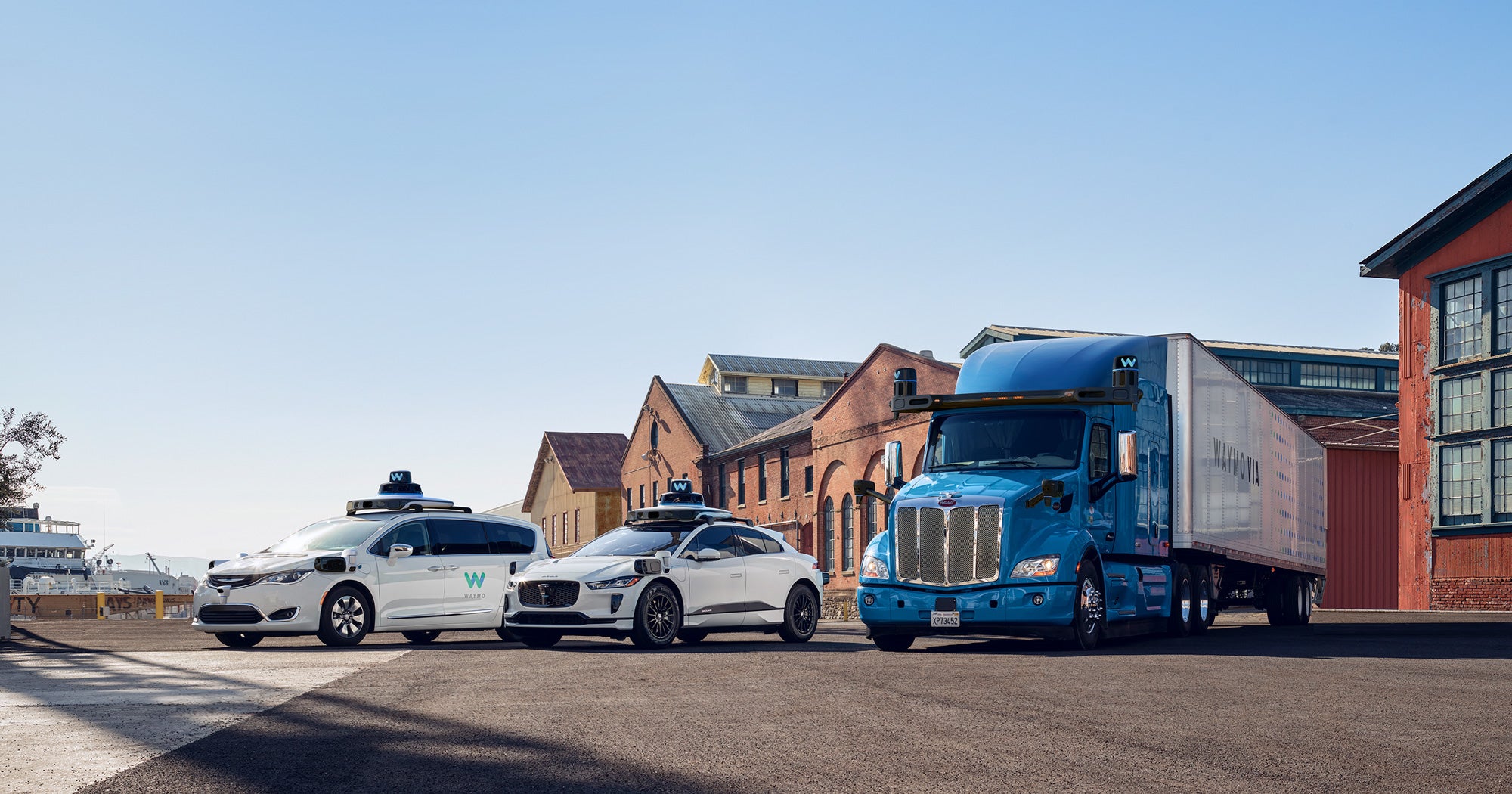
Alphabet subsidiary Waymo has secured $2.5bn in external funding as it continues to throw money at its autonomous vehicle project.
The company, which began as Google’s self-driving car project, said it will use the funds to advance its Waymo Driver autonomous driving platform, which underpins its autonomous ride-hailing service Waymo One and delivery business unit Waymo Via.
It will also use the funds to expand its team, which nearly doubled to 1,500 employees in February 2020.
It is Waymo’s second outside funding round after it raised $2.25bn in March 2020, which was bolstered with an additional $700m a few months later. The company has declined to discuss its valuation based on the funding rounds, but the Financial Times reported that the original round placed it at $30bn, a serious comedown from 2018 when Morgan Stanley suggested that Waymo was worth $175bn.
Investors in the current round included Alphabet, Andreessen Horowitz, AutoNation, Canada Pension Plan Investment Board, Fidelity Management & Research Company, Magna International, Mubadala Investment Company, Perry Creek Capital and Silver Lake.
Work on Waymo’s autonomous vehicle technology began in 2009 but its self-driving taxis are yet to operate unsupervised outside small, specific areas. It opened its Waymo One driverless taxi service to the general public in Phoenix, Arizona, last October. In a small area outside the city the taxis operate fully autonomously, but they are normally monitored remotely by human safety personnel. The ride-hailing service, which uses an app to request a taxi in a similar fashion to Uber or Lyft, is not yet available in other locations.

US Tariffs are shifting - will you react or anticipate?
Don’t let policy changes catch you off guard. Stay proactive with real-time data and expert analysis.
By GlobalDataThis is partly because laws governing driverless cars vary at a state-by-state level.
In 2020 Waymo says it operated “5-10%” of its rides in a “fully driverless” mode without a safety driver – but only for riders with early access who had signed a non-disclosure agreement. The fully driverless mode is only available within a carefully chosen 50 square mile area.
While the company has made progress, Waymo has notably failed to achieve the prediction made by Google co-founder Sergei Brin that “ordinary people” would be using driverless cars by 2017.
Proponents say driverless vehicles will be safer than human drivers, pointing to statistics that show more than 90% of accidents are caused by human error.
Waymo’s funding comes months after John Krafcik stepped down as CEO after five years in the role. Chief Operating Offier Dmitri Dolgov and Chief Technology Officer Tekedra Mawakana have since taken over at Waymo co-CEOs.
“Experience has taught us so much, and we agree with those experts who say there’s no greater challenge in artificial intelligence than building and deploying fully autonomous technology at scale,” said Dolgov and Mawakana in a statement. “But we love a challenge and – thanks to the unmatched talent of our team – the Waymo Driver is already serving thousands of Waymo One riders as they get to work, shop for groceries, bring their kids to school, or just experience the joy of a ride with no human behind the wheel.”







